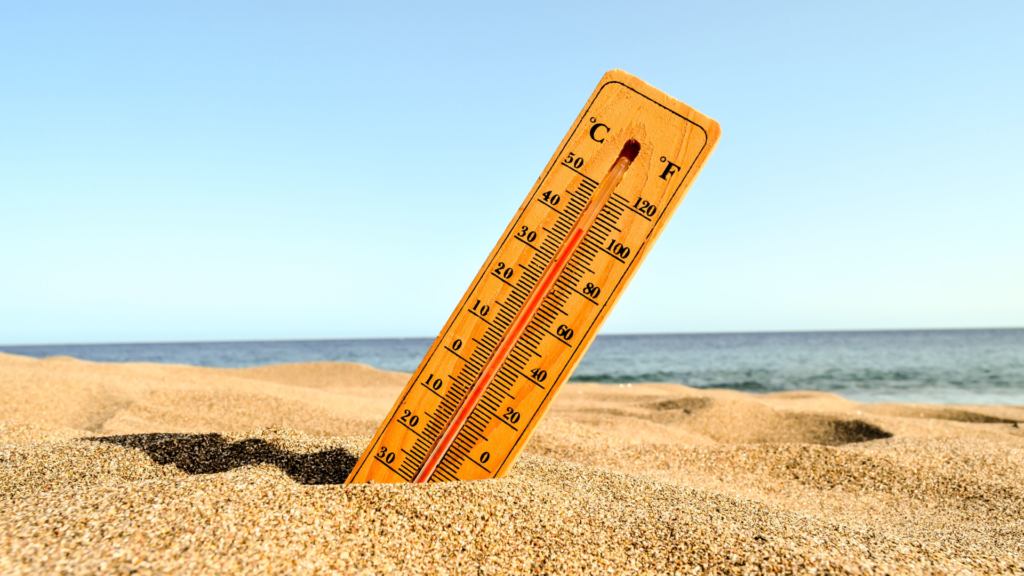Currently, Northern India has started facing scorching heat with a temperature of around 400C. This is going to develop multiple ill impacts on people, the environment, and the economy with the rise of mercury in the coming days. Due to heat waves, the loss of Poultry, fishery, milk production, fruits, and vegetable crops get adversely affected which leads to demand depression.
A Heatwave is a period of excessively hot weather in the North-Western parts of India during the summer season when the maximum temperature cross 400C and 300C in plains and hilly regions respectively. The rising frequency and intensity of heat waves during early summers due to global warming have increased the difficulties for everyone especially vulnerable weaker sections of the society.
This also brings impact on human health mortality including illness related to extreme heat exposure. Thus, a structured climate action plan for effective implementation and coordination including early warnings, evaluation of extreme heat events, and their related response activities has been prepared by the authorities.
About 50% of India’s GDP depends on agriculture, mining, construction, and manufacturing. But the Loss of economic productivity during the summers in the region results in rising inflation and challenge India’s GDP growth with high energy demand scenario due to increased air condition cooling and groundwater pumping needs.
As a climatic action plan to reduce heat wave impact, it is essential to develop and implement adaptation strategies like early warning systems along with Interagency Coordination among NDMA, IMD, etc. The training and capacity-building programs for healthcare professionals, along with public awareness campaigns and community outreach programs through non-government organizations and civil societies can bring major change.
As a countermeasure, the experts also advise the public to keep cool, drink a lot of clay pot water, wear loose cotton clothes, use hats or umbrellas, and carry ORS, IV fluids, allergic creams, and glucose while going out or at home. Eating more salad and fruits to stay hydrated and staying indoors during peak hot hours have also been advised. Thus, the comprehensive action plan will be helping to mitigate the unforeseen events of extreme heat waves during this summer with much effectiveness in less turnaround time across the region to bring relief to people in need.

